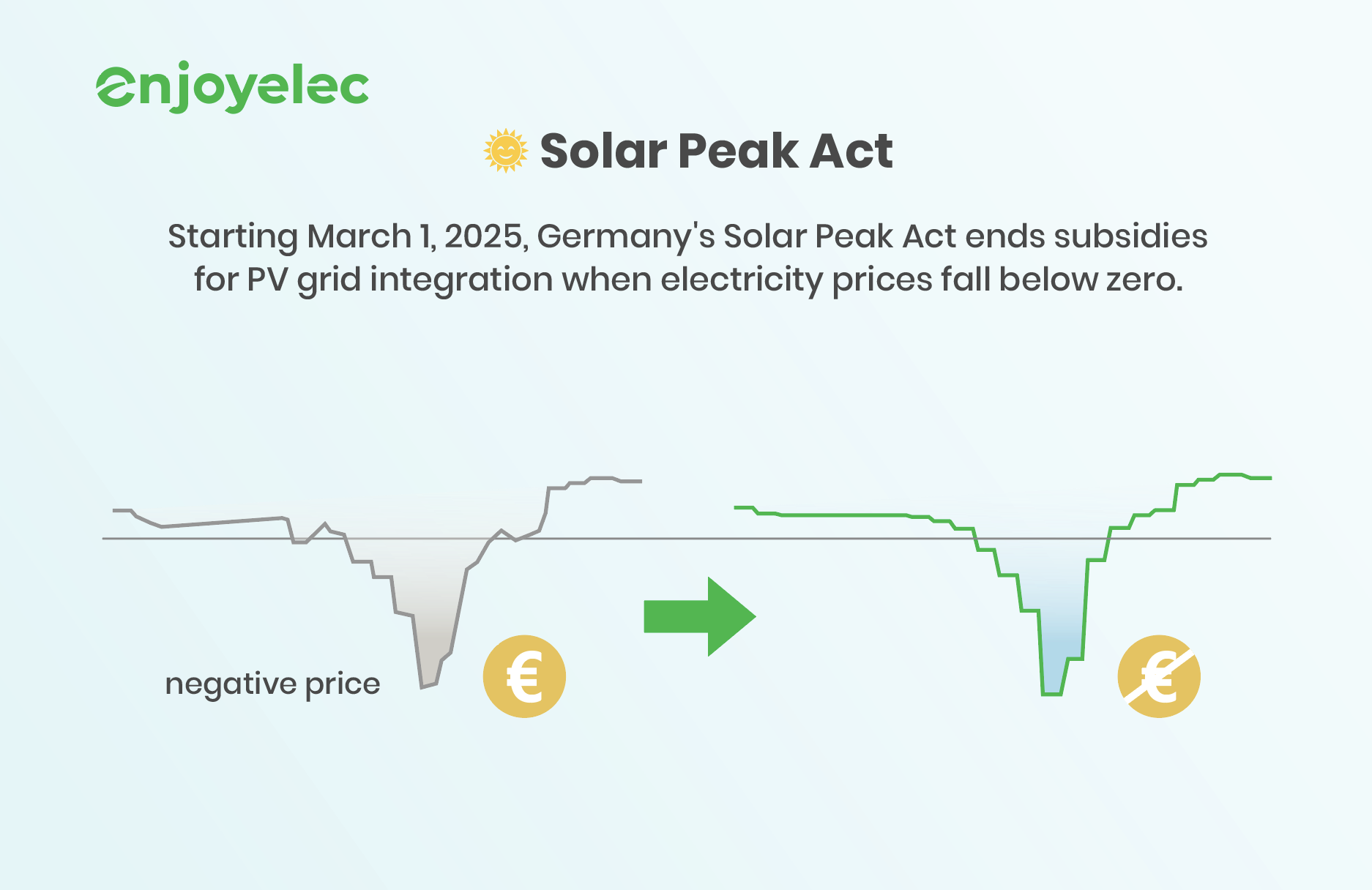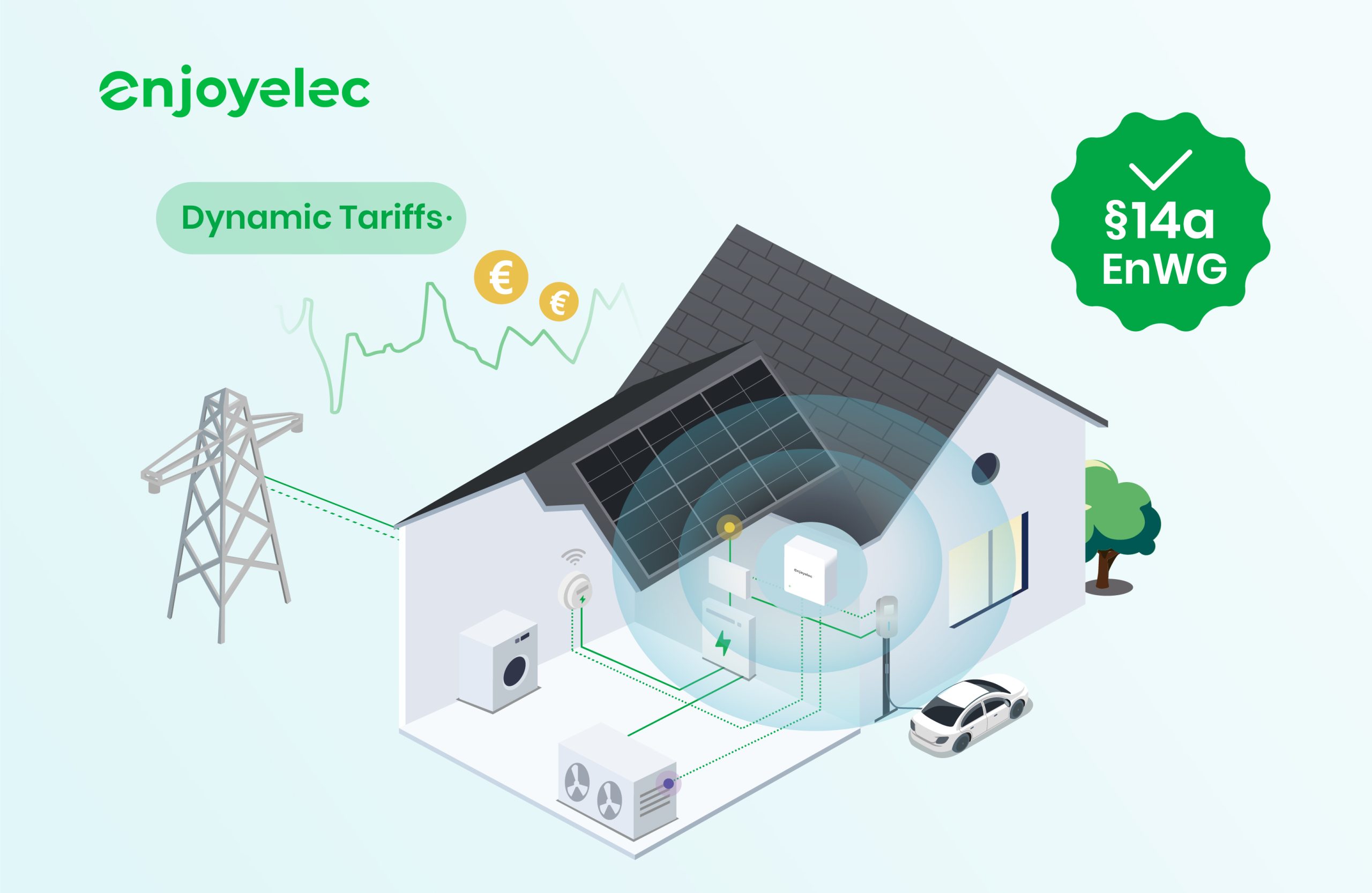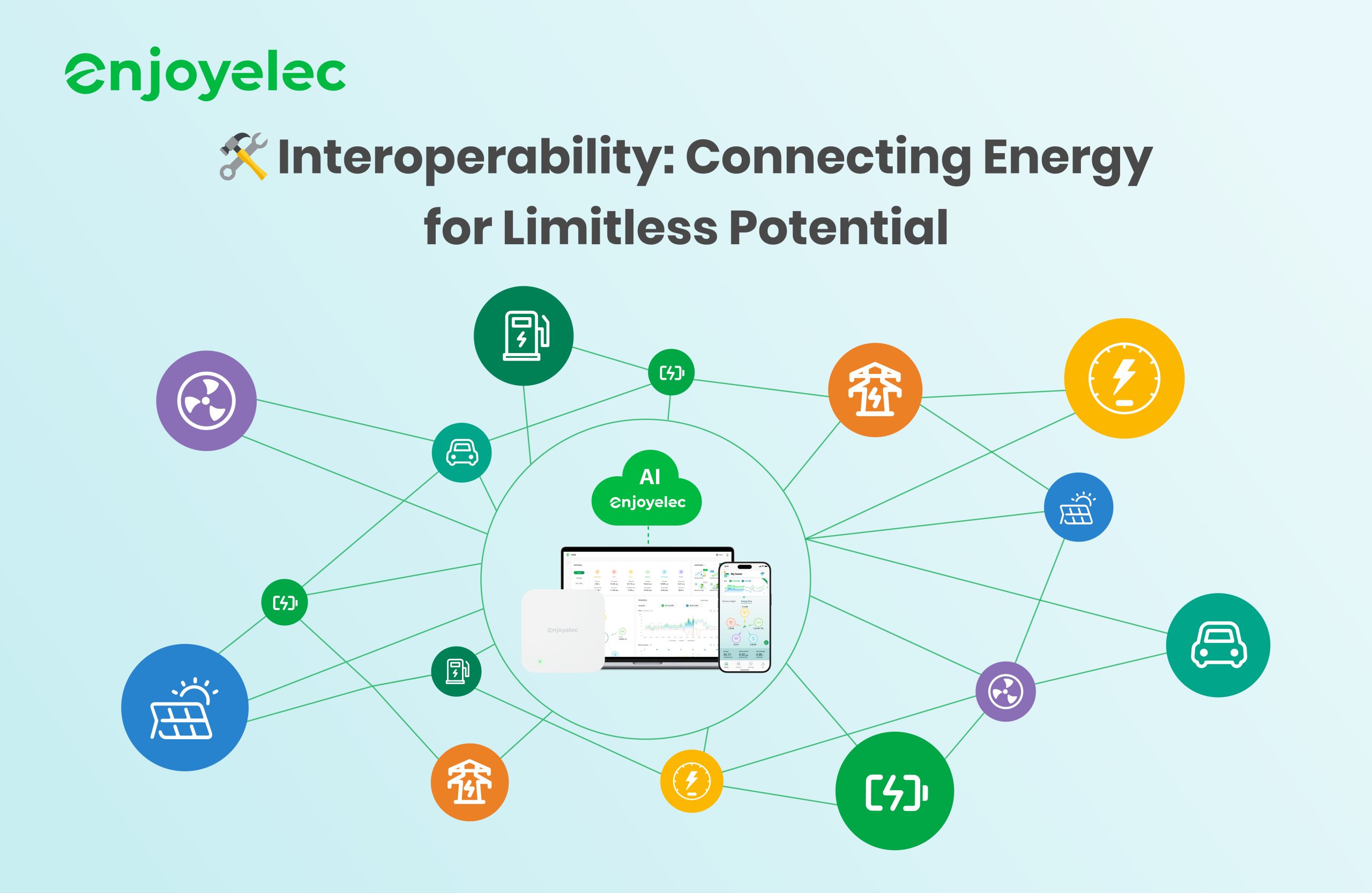Smart Meters: Boosting Home Energy Management for Smarter Savings
What are smart meters?
Smart meters are advanced electronic devices that measure electricity, gas, or water consumption in real-time or near real-time. Unlike traditional meters, they automatically transmit usage data to utility providers via wireless networks, eliminating the need for manual readings. This technology enhances billing accuracy and supports dynamic pricing, enabling consumers to optimize their energy use based on time-of-day rates. Smart meters also enable remote monitoring and efficient energy management, contributing to grid modernization and the integration of renewable energy sources.

How do smart meters work?
Smart meters are designed to provide precise meter readings to your energy supplier. These modern devices replace conventional meters, offering digital displays of your energy consumption and securely sending the information over a wireless network, typically updating once a month or more frequently. This means your energy bills are based on actual consumption rather than estimated figures.
Moreover, smart meters are equipped with an in-home display that gives you immediate access to your energy usage information. This feature allows you to see your consumption in real time, including both energy units and associated costs, making it easier to understand your spending.
With these real-time insights, you can effectively manage your energy consumption. By monitoring your usage closely, you can make informed decisions that enhance your energy efficiency and potentially reduce your monthly expenses.
How do I get a smart meter?
The process of obtaining a smart meter in Europe is relatively simple, though it can vary depending on the country and energy provider.
First, check whether your country or region has launched a smart meter rollout program. Many European countries are promoting this technology to improve energy efficiency, such as the UK, France, and Germany. You can inquire with your local energy provider or relevant government departments to see if smart meters are available for installation.
Next, contact your electricity or gas provider. In most countries, energy suppliers offer smart meters either for free or at a low cost, especially as part of national initiatives. If you’re eligible, you can apply directly through your provider. They will typically arrange for a professional technician to install the meter at your home, a process that usually takes a few hours.
Before installation, ensure your home’s electrical system is compatible with a smart meter, especially if you have devices like solar power systems or electric vehicle chargers. Some of these may require specific types of meters.
In addition, some countries have government-led smart meter initiatives. For example, the UK’s Smart Metering Implementation Programme and France’s Linky program both offer smart meter installation through energy suppliers.
Once the installation is complete, you’ll be able to monitor your household’s energy consumption in real time using a display device or app provided by your energy supplier, helping you manage energy usage and costs more efficiently.
The household benefits of using smart meters
Smart meters offer many household benefits as part of the shift toward net-zero and the rise of smart home technologies, helping homeowners enhance energy efficiency in several ways.
-
Battery storage: Batteries can be charged when electricity is cheapest and discharged during peak hours when rates are higher, making the most of pricing fluctuations.
-
Electric vehicles (EVs): Smart meters enable EV owners to charge their vehicles overnight or during other off-peak periods when electricity is more affordable.
-
Solar PV systems: With a smart meter, solar panel owners can sell excess clean energy back to the grid through programs like the Smart Export Guarantee (SEG), maximizing savings and energy efficiency.
-
Heat pumps: When paired with a smart meter, heat pumps can heat water during off-peak times when electricity rates are lower, reducing energy costs.
Benefits of Smart Meter and HEMS Integration
The integration of smart meters with home energy management systems (HEMS) offers a multitude of advantages, revolutionizing the way homeowners interact with and manage their energy consumption. This innovative combination leverages real-time data and advanced analytics to empower homeowners with unprecedented control over their energy use, leading to significant cost savings and environmental benefits.
-
Enhanced User Engagement and Energy Awareness: With detailed insights into energy consumption patterns, the integration encourages homeowners to become more actively involved in their energy management. HEMS platforms often display easy-to-understand analytics, such as historical data, usage trends, and even predictions for future energy needs based on past behavior. This transparency helps homeowners identify opportunities to save energy. Increased awareness often leads to behavior changes that further reduce energy usage and costs.
-
Smart Energy Optimization: By analyzing real-time data from smart meters, HEMS can automate energy usage optimization. For example, the system can schedule the operation of high-consumption devices, such as electric vehicle (EV) chargers, washing machines, or heating systems, during off-peak hours when energy rates are lower. In addition, HEMS can adjust energy use based on dynamic pricing and demand-response programs, minimizing consumption during peak demand periods when energy is more expensive. This automated scheduling and optimization reduce both electricity costs and the strain on the grid, contributing to overall grid stability.
-
Real-Time Energy Monitoring:One of the core advantages is the ability to monitor energy usage in real-time. Smart meters continuously track energy consumption and send data to the HEMS, allowing users to view detailed insights into how much energy is being consumed by specific devices or systems. This data is accessible from anywhere via a smartphone or web app, giving users the flexibility to remotely control appliances, adjust settings, or turn off devices that are consuming energy unnecessarily. This real-time visibility helps homeowners make more informed decisions and allows for greater responsiveness to changing energy needs or grid conditions.
Enhanced Energy Management Techniques with Smart Meters
-
Demand Response and Grid Stability: Smart meters and HEMS integration enhance demand response and grid stability. During peak demand, utilities may incentivize reduced consumption, and a HEMS can automatically adjust by postponing non-essential tasks or utilizing home batteries. This saves money and aids grid management, minimizing the need for extra power generation and bolstering grid reliability. The enjoyelec HEMS app integrates solar systems, home batteries, EV chargers, and HVAC for efficient energy use, grid support, and flexible consumption.
-
Load shifting: HEMS uses data from smart meters to shift energy consumption to off-peak hours automatically. For example, it schedules heavy appliances or EV chargers to run during periods of lower electricity rates, reducing costs without manual intervention.
-
Predictive Energy Management: By analyzing historical consumption data and occupancy trends from smart meters, HEMS can predict future energy needs, adjusting the operation of home devices to improve energy efficiency and lower costs. This predictive capability helps to avoid energy waste while maintaining comfort.
-
Seamless Renewable Energy Integration: A household with solar panels and battery storage can maximize renewable energy usage through HEMS and smart meter integration. The system monitors when solar generation is at its peak and uses that energy to power the home or store it in batteries. On a sunny day, HEMS can prioritize solar energy for running appliances like dishwashers, washing machines, or air conditioners. When the household generates excess energy, HEMS can automatically decide whether to store it or sell it back to the grid during peak periods.
How to use a smart meter to save money
While smart meters themselves don’t directly reduce your energy costs, they can significantly help you save money by providing valuable insights into your energy consumption, allowing you to modify your habits accordingly.
-
Monitor Your Energy Usage in Real Time: With the in-home display of a smart meter, you receive live updates on your energy consumption and associated costs. This level of transparency enables you to identify opportunities to reduce usage, such as turning off appliances that aren’t in use or adjusting your heating and cooling settings.
-
Identify Energy-Intensive Appliances: The smart meter display can also highlight spikes in energy use, allowing you to pinpoint which devices or appliances consume the most electricity. This awareness empowers you to make informed decisions about when and how long to use these high-consumption items.
-
Leverage Time-Based Tariffs: Smart meters, which record customers’ electricity consumption at frequent intervals, lay the technical groundwork for variable tariffs, including time-of-use tariffs. These tariffs encourage consumers to relocate their energy usage to off-peak periods with reduced prices, thereby balancing demand and alleviating grid pressure. A smart meter accurately measures both power consumption and feed-in, empowering a home energy management system (HEMS) to redirect energy use towards cheaper periods and bypass peak pricing.
-
Establish Budgets and Monitor Expenses: Numerous smart meters allow you to set energy usage goals and track your progress toward those limits. This feature helps you maintain control over your spending and avoid unexpected costs on your monthly bill.
Linking Smart Meters on the enjoyelec App
To link your smart meter through the enjoyelec App, simply navigate to the Device interface and tap on Smart Home to access the device connection screen. From there, choose your smart meter and follow the prompts to connect.
Before connecting the smart meter, it’s essential to first link our controller to the system. However, if you attempt to connect the smart meter without having set up the controller, don’t worry—our system will automatically guide you to the controller setup step.
Smart meters are essential for providing real-time or near-real-time data on electricity, gas, or water consumption. Once connected, they send usage data directly to utility providers via wireless networks, eliminating manual readings. With enjoyelec’s seamless integration, you’ll not only benefit from more accurate billing and dynamic tariff but also gain access to detailed insights into your energy consumption, helping you adjust usage based on time-of-day rates and make smarter energy decisions. The enjoyelec App empowers you to remotely monitor and manage your energy flow, playing a key role in optimizing your home’s energy efficiency and contributing to the modernization of the grid with renewable energy integration.
Ready to control your energy usage? Download our app to connect your smart meter, track real-time consumption, and optimize your home’s energy efficiency with AI. Start saving on your energy bills and see exactly how you use energy at home!


Connect with us at http://www.linkedin.com/company/enjoyelec for the latest updates, insights, and news. We look forward to engaging with you and sharing our journey towards a smarter energy future.





